Vancouver’s boarded up storefronts may someday become new homes.
The initiative began when 10star.ca president Justin Elton noticed the volume of boarded up storefronts, bars and restaurants in downtown Vancouver.
“We’re a brand activation agency who do nightlife entertainment, festivals and events. With all the bars and nightclubs shut down we’ve had staff sitting around and looking for ways to give back,” Elton said.
“Most shop owners are just using the wood to protect themselves from vandals, but I asked a woodworker friend what charity could use them after COVID-19, and he mentioned Habitat for Humanity,” he added.
Elton added his company has national reach and through Cadence, a street-level partner in Toronto his firm is putting up donation posters in that city along with painting murals on the plywood covering storefronts.
Habitat for Humanity for Greater Vancouver CEO Dennis Coutts said there are two uses for the wood once it’s taken down from storefronts.
Coutts said the organization is building “up to six houses in Richmond, 19 in Mission, and 52 in Coquitlam, and if the lumber is in good shape and it’s all cleaned up it could go into one of the houses we’re building if not our ReStores.”
ReStore is Habitat for Humanity’s home improvement store and donation centre which sells used building materials, home goods, furniture and appliances at a steep discount. Revenue from ReStores normally pays for the society’s operating costs, Coutts said, but COVID-19 has stalled both building and fund raising.
“It has impacted all of us, and a lot of us in a financial way for sure,” he said. “There are lots of families waiting for home and lots of corporations waiting to help build.”
Normally Habitat does a corporate building day, he explained, with 150 companies last year bringing 15 to 16 employees each to help build houses.
“We build with the community and its hard to do that on a building site now (due to COVID-19), so we’ve temporarily paused our sites,” Coutts said.
Since ReStores are also closed, he added, people relying on the store for materials are stymied from going forward with home renovations “but we have moved inventory online so people can still shop and pick up products.”
The Greater Vancouver Habitat chapter has also donated 540 hazmat suits, 275 dust masks and a few dozen protective masks to SafeCareBC, which is coordinating with the B.C. Ministry of Health to receive personal protective equipment (PPE) from donors.
“We’re also waiting for Coastal Health to approve a second donation to Vancouver General Hospital of similar quantities. They aren’t done yet as they may be inundated with donations, but if not, we will direct (our supply) to other frontline workers somewhere,” Coutts said.
Coutts said while demand for Habitat’s product was already high, he sees a future increase in demand given COVID-19’s impact on the economy.
“The need for affordable housing was in an acute state before this, and I can only imagine the need will be even greater than it ever has been (after COVID-19),” he said.
Habitat has also kept a skeleton staff on to ensure supply chains are still functioning, he added, so “our Restore inventory is full when they re-open.”
Habitat volunteers normally include skilled tradespeople in home construction, Coutts said but not only are those workers at home but there are no active projects during the pandemic.
At the same time once the crisis abates skilled tradespeople will be in high demand, he acknowledged.
“We build to code and to proper safety standards and will continue to do so but that also uses a lot of tradespeople,” he said.
“we all agree things will be different. But just how different, that’s tough to know,” Coutts said.
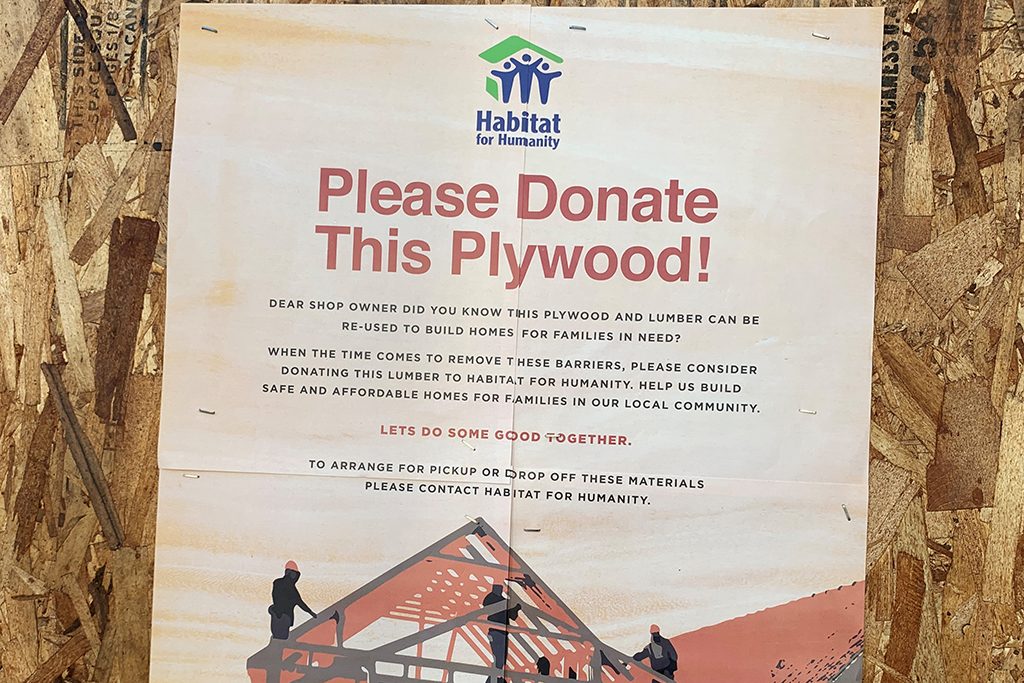


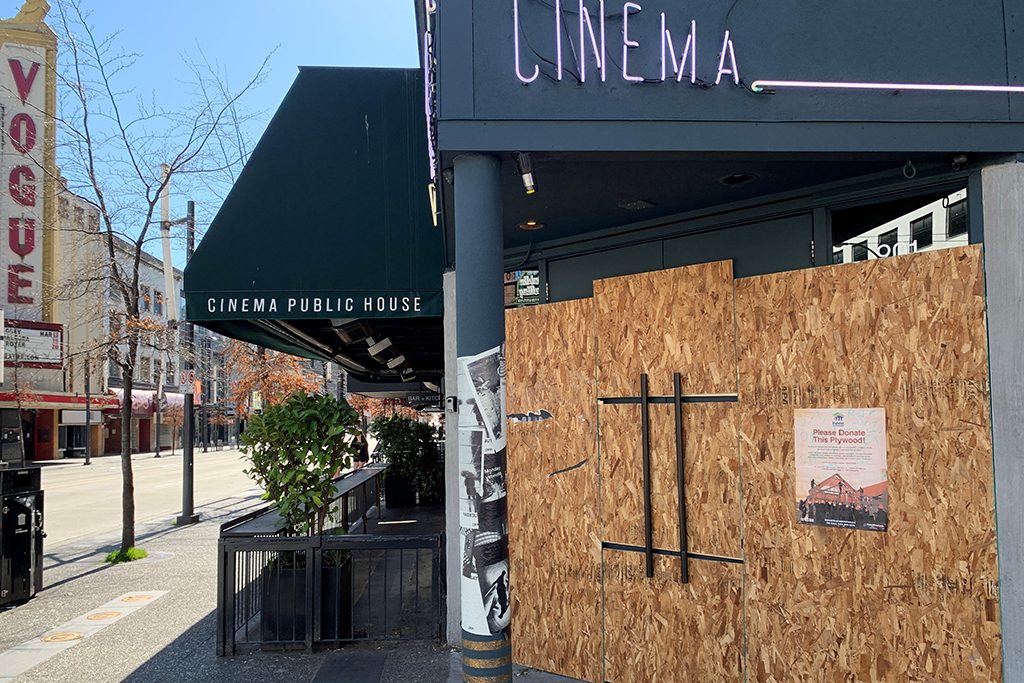
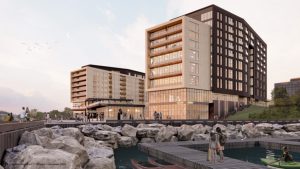
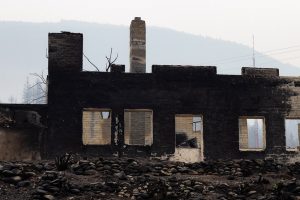

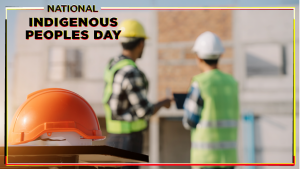




Recent Comments
comments for this post are closed